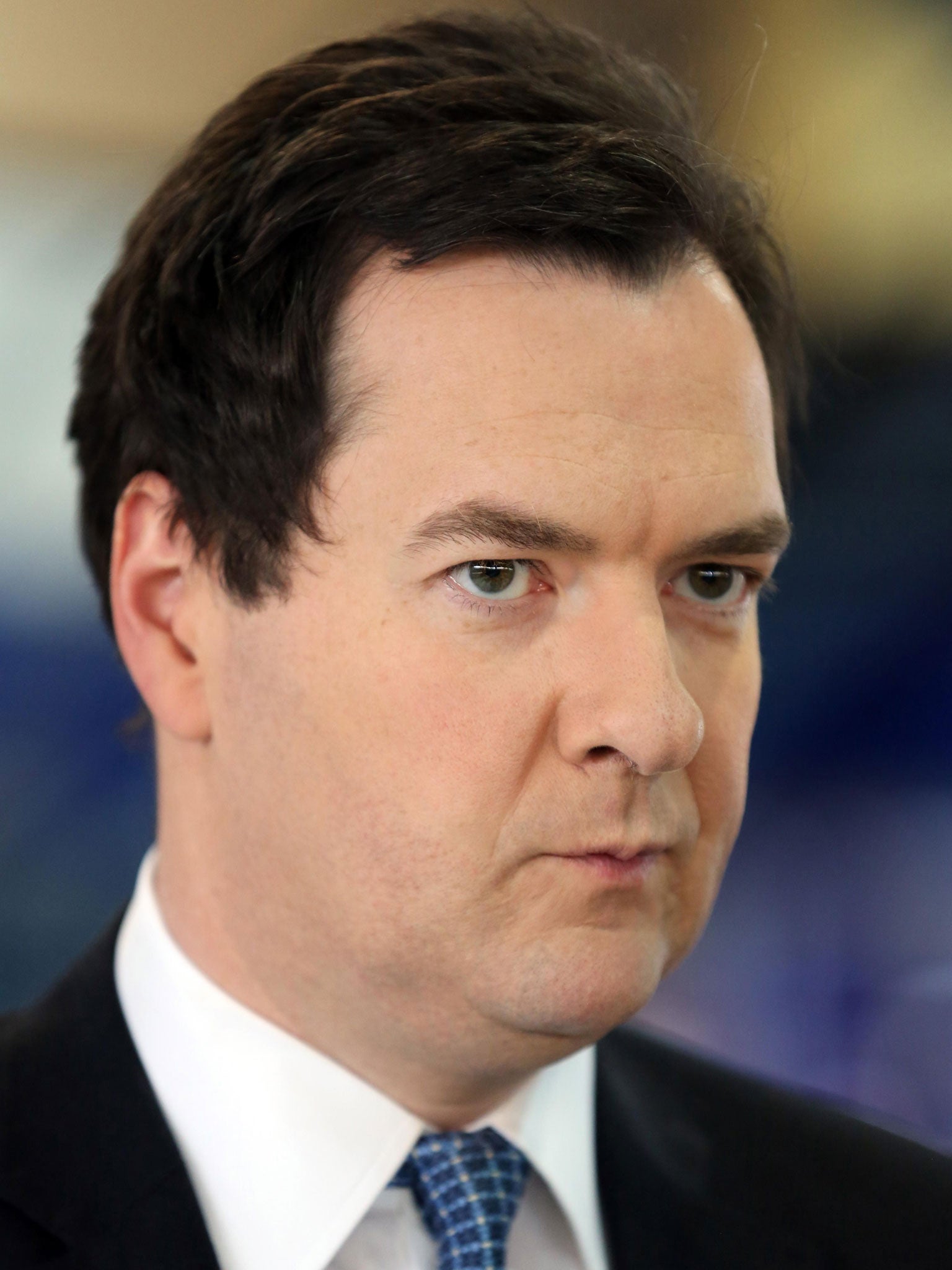George Osborne will be forced to cut NHS and pension budgets, think tank warns

Chancellor George Osborne will be forced to abandon the Government ring fence-around the NHS and pension budgets and further cut public spending if he is to keep pledge not to raise taxes after the 2015 election, a leading think tank has said.
Mr Osborne told MPs yesterday that tax hikes “are not required” to maintain course towards his plan to balance Britain’s books after the next general election. Rather, he said, the gap could be bridged with further cuts to public services and welfare.
The announcement was met with a stern warning for the Director of the Institute for Fiscal Studies, Paul Johnson, who told the BBC the Chancellor would be force to find additional savings in currently protected government budgets.
The head of the influential financial group said the decision would mean a further £6 billion being reduction in state spending, leaving budgets for many areas of Government one-third lower than they were when the coalition came to power in 2010.
Thus far cuts have been imposed unequally across Whitehall, with defence, local government and police funding slashed deeper in order to maintain current levels of health, pension and education spending.
“If you ring-fence health and pensions and obviously you can’t do anything about what you are spending on debt interest, that’s a very very large chunk of spending which is just out of the picture,” Mr Johnson said. “And therefore everything else - if you’re going to do it through spending - has to be cut a lot. If you are going to do it all through spending, that does put additional pressure on the ring-fence.”
He continued: “The choice that is open is to continue with spending cuts such that a whole range of bits of public spending will end up being one-third lower than they were in 2010, or to do some of it through tax increases.In previous post-election budgets - think of 2010, 2001, 1992 - all of those post-election budgets have seen tax rises.”
Since 2010, the Chancellor’s plan to reduce the budget deficit has been enacted through an 80/20 split in spending cuts and taxes rises. After yesterday’s announcement, if Mr Osborne maintains his plan of no further increase in taxes, spending cuts would have to account for 85 per cent of the deficit reduction package in 2017 and 2018.
Speaking as a lunch yesterday, he said: “That is my Budget book and I stand by it and I think this can be delivered through spending and savings both in welfare and in departments, and there is no need for tax rises to contribute to that fiscal consolidation.”
Join our commenting forum
Join thought-provoking conversations, follow other Independent readers and see their replies
Comments
Bookmark popover
Removed from bookmarks